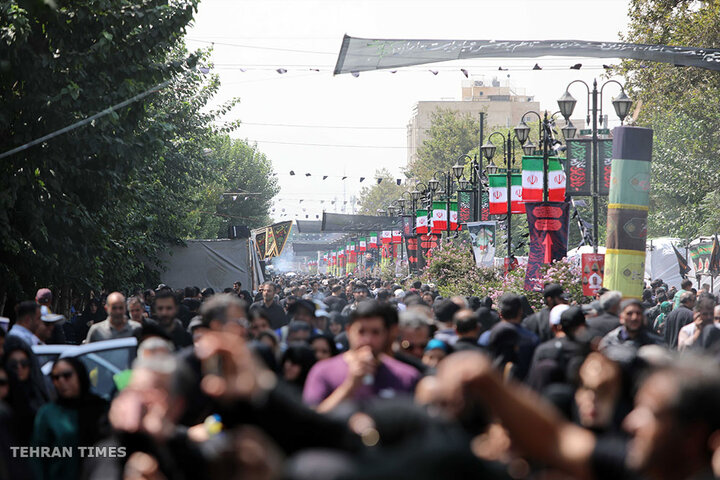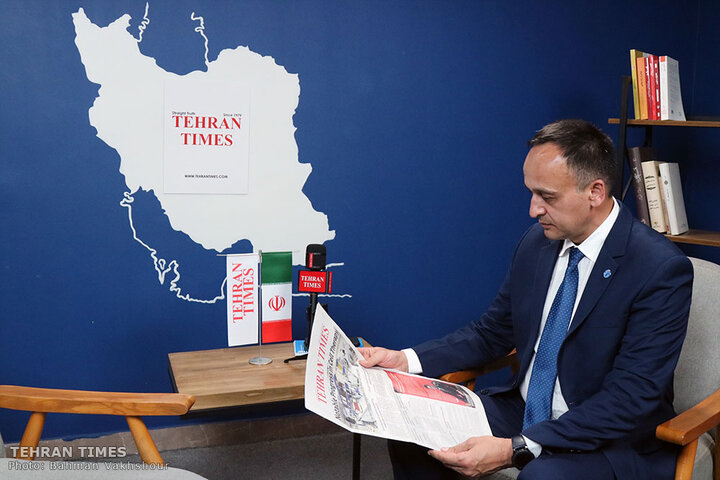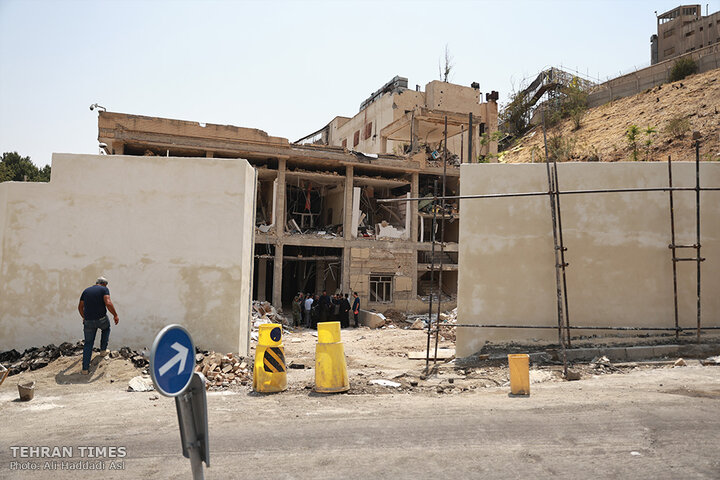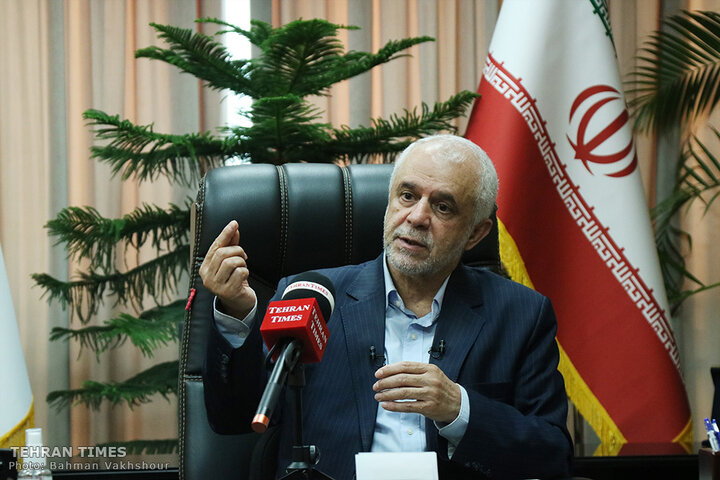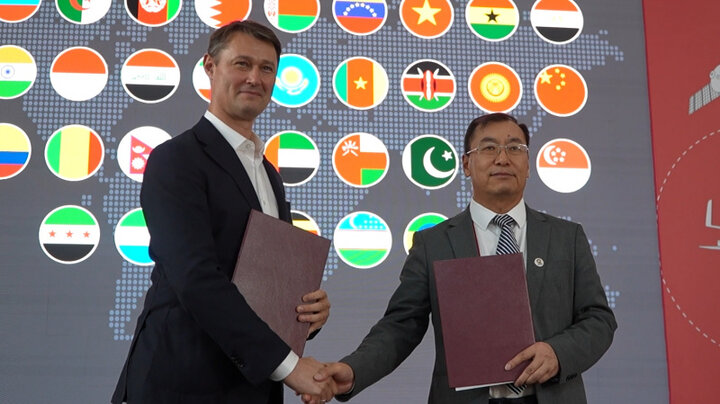-
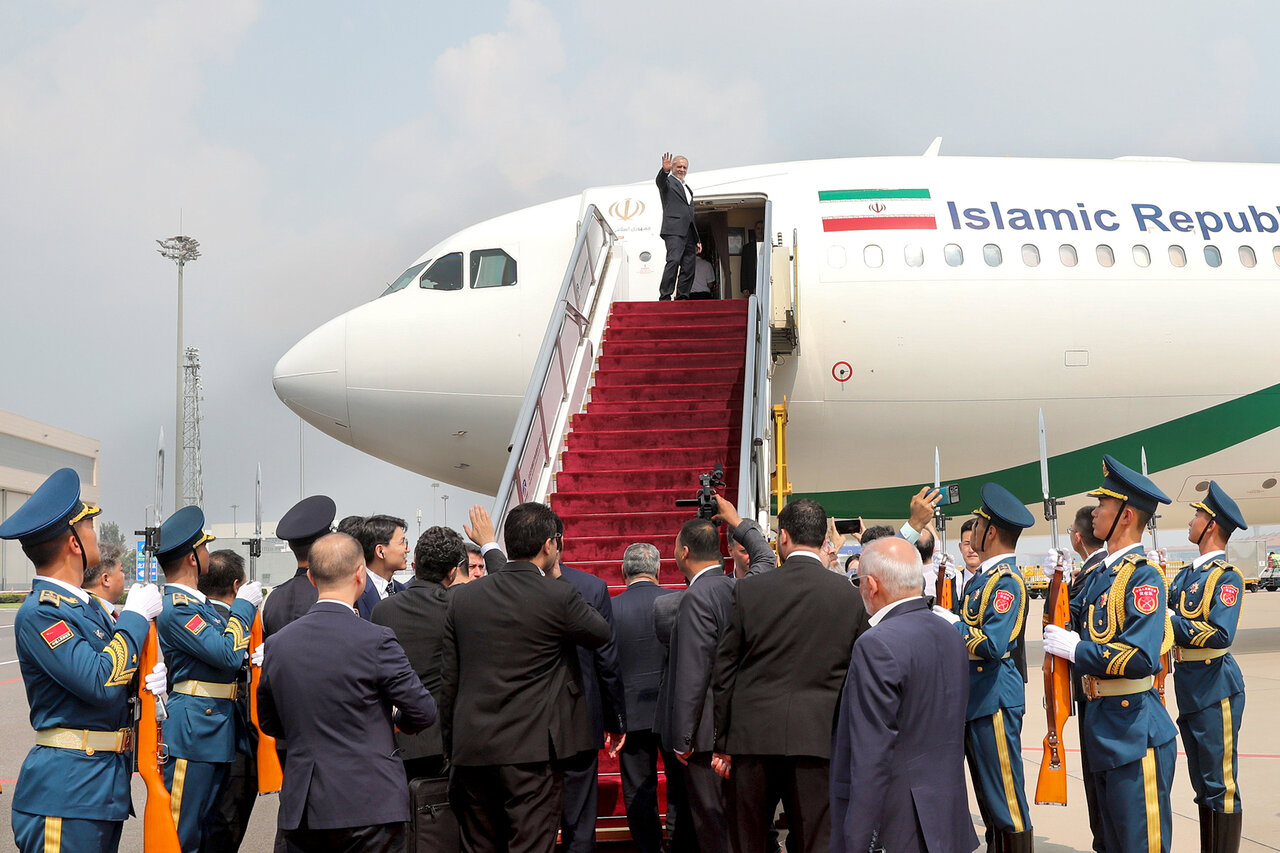 2025-09-03 20:24
2025-09-03 20:24
By Mona Hojat Ansari
Pezeshkian wraps up much-anticipated China trip
Talks with world leaders and the shifting global landscape dominate president’s visit
TEHRAN – Iranian President Masoud Pezeshkian wrapped up a four-day visit to China on Wednesday, heading back to Tehran after attending a military parade in Beijing that marked 80 years since the end of World War II.
-

By Casey O. Jerson (BSc.)
War scars and peace dreams: Why the Caribbean and Latin America seek to remain a war-free zone
CASTRIES – When Liu Yuanyuan shared her grandfather’s story in CGTN’s World War II: Remembered, Reimagined, Retold, she spoke of wounds that outlived the battlefield. Her grandfather, a soldier in the Chinese People’s War of Resistance Against Japanese Aggression, carried memories of hiding in trees, eating bark to survive, and never seeing his parents in Shandong again. The trauma extended beyond 1945, woven into family stories and even shaping the choices of new generations.
-

By Kleybergel González, Venezuelan journalist from FuserNews
Venezuela stands unyielding against US aggression: Sovereignty is non-negotiable
CARACAS – In recent weeks, the United States has intensified its policy of maximum military pressure against the government and people of Venezuela by sending eight warships and a nuclear submarine to Caribbean waters near the Venezuelan coast.
-
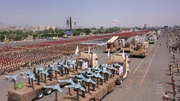
By Wesam Bahrani
Yemen targets Israeli General Staff
TEHRAN – Yemeni Armed Forces carried out five precision military operations using drones and cruise missiles against Israeli targets.
-
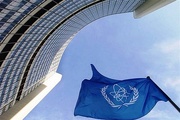
Parliament to back NPT withdrawal following snapback
TEHRAN – A senior Iranian lawmaker has said Parliament will fully support any decision by the Supreme National Security Council (SNSC) to withdraw from the Treaty on the Non-Proliferation of Nuclear Weapons (NPT) in response to the reactivation of the snapback sanctions mechanism.
-
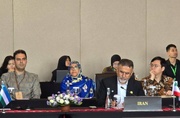
Iran highlights culture, art as pillars of peace at Bali’s CHANDI 2025
TEHRAN — Hojatollah Ayoubi, senior advisor to Iran’s cultural heritage minister and head of international affairs at the Ministry of Cultural Heritage, Tourism and Handicrafts, joined the “CHANDI 2025” in Bali, calling culture and art strategic assets for peace and dialogue among nations.
Politics
-
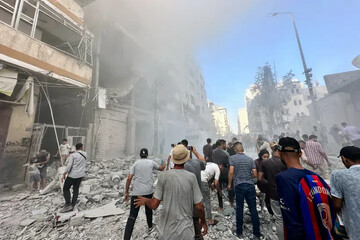
After two years of regional inaction, Qalibaf calls on Muslim states stop Israel's Gaza genocide
TEHRAN – Iranian Parliament Speaker Mohammad Baqer Qalibaf on Wednesday called on Muslim countries to unite in condemning Israel’s ongoing war on Gaza and to take concrete action to halt the Zionist regime’s “killing machine.”
-

Europe, Iran, and the loss of diplomatic autonomy
MADRID – In an exclusive interview with The Guardian, Esmaeil Baqaei, spokesperson for Iran’s Foreign Ministry, offered a blunt assessment of current tensions surrounding Iran’s nuclear program and the role Europe has chosen to play in this context.
-

Iran urges Europe to adopt 'credible' stance on Israel
TEHRAN – Iran has called on European nations to adopt a “credible, responsible, and law-abiding” approach to international affairs if they wish to be seen as contributors to global peace. The demand was made by Foreign Ministry spokesperson Esmaeil Baghaei in a social media post on Tuesday.
Sports
-

Iran start 2026 AFC U23 Asian Cup qualification on high
TEHRAN – Iran earned a 4-0 win over Hong Kong in their AFC U23 Asian Cup Saudi Arabia 2026 Qualifiers Group I match on Wednesday.
-

Iran U21 volleyball makes splash on world stage: Afshardoust:
TEHRAN – Volleyball expert Mahmoud Afshardoust lauded the Iranian team for winning the title at the FIVB Men's U21 World Championship 2025, saying the team have the potential to shine in the future.
-
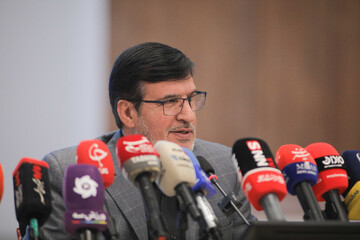
Asian Youth Para Games a chance to unearth new talents: Kargari
TEHRAN – Ghafour Kargari, president of Iran’s National Paralympic Committee (NPC), says the Asian Youth Para Games 2025 are a valuable opportunity to identify talented athletes for the 2026 Asian Para Games and the 2028 Paralympic Games.
Culture
-
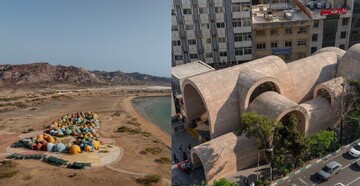
Iranian projects shine in 2025 Aga Khan Award for Architecture
TEHRAN – Two innovative projects from Iran have been named winners of the 2025 Aga Khan Award for Architecture, one of the world’s most distinguished prizes in the field.
-

Tehran Symphony Orchestra to stage “October 1904” concert at Vahdat Hall
TEHRAN – Tehran Symphony Orchestra (TSO), conducted by Nasir Heydarian will stage the concert “October 1904” at Tehran’s Vahdat Hall on September 11 and 12.
-
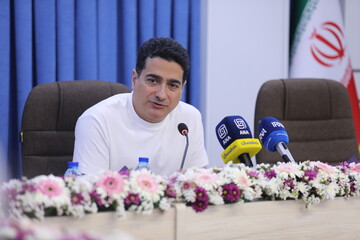
Homayoun Shajarian to hold free outdoor concert at Azadi Square
TEHRAN – Renowned Iranian vocalist Homayoun Shajarian will hold a free outdoor concert on Friday at Azadi Square in Tehran.
Economy
-
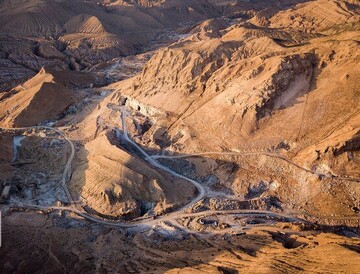
Nearly 200 idle mines revived in 4 months
Tehran – Implementation of Iranian Industry, Mine and Trade Ministry’s idle mines revival, activation, and development program has led to the restoration of 196 mines in the first four months of the current Iranian year.
-
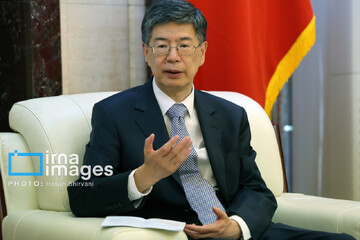
Iran-China ties strengthened as SCO 2025 summit delivers historic outcomes
TEHRAN – The Shanghai Cooperation Organization (SCO) has achieved a series of historic milestones, with China-Iran relations emerging resiliently after navigating challenges over time. These achievements reflect a steadfast commitment to principled approaches and pragmatic policies, Chinese Ambassador to Iran Cong Peiwu said in a statement published by IRNA.
-
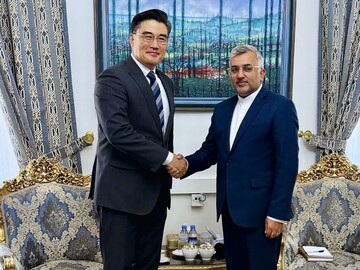
South Korea, Iran discuss ways to boost bilateral ties
TEHRAN- In a meeting between Kim Junpyo, Ambassador of South Korea to Iran, and Hamid Qanbari, the Iranian Deputy Foreign Minister for Economic Diplomacy, the two sides discussed ways to strengthen bilateral relations, the South Korean Embassy in Tehran reported.
Society
-

Tehran, Beijing to implement joint programs in health sector
TEHRAN – Iran and China will implement joint programs in the pharmaceutical and medical fields under the 25-year agreement signed by the two countries, an official with the Food and Drug Administration (FDA) has said.
-
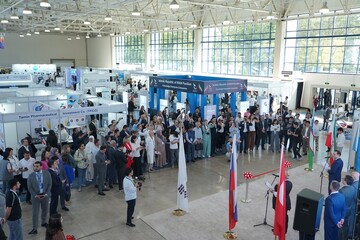
Knowledge-based companies to participate in UZMEDEXPO 2025
TEHRAN – Iranian knowledge-based firms will set up their pavilions at the 17th international exhibition of medical equipment, pharmaceuticals, dentistry, and related services (UZMEDEXPO 2025), which is scheduled to be held in Tashkent from November 4 to 6, Mehr news agency reported.
-
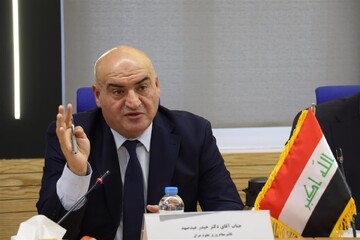
Iraq seeks to benefit from Iranian academic capacities
TEHRAN – Haider Abd Dahed, the Iraqi deputy minister of higher education and scientific research, has said his country is interested in sending talented students to study in Iran's top state universities.
Tourism
-

Iran highlights culture, art as pillars of peace at Bali’s CHANDI 2025
TEHRAN — Hojatollah Ayoubi, senior advisor to Iran’s cultural heritage minister and head of international affairs at the Ministry of Cultural Heritage, Tourism and Handicrafts, joined the “CHANDI 2025” in Bali, calling culture and art strategic assets for peace and dialogue among nations.
-

Commemorative stamp unveiled to mark Khorramabad’s UNESCO World Heritage inscription
KHORRAMABAD — In a landmark celebration of Iran’s deep prehistory, a commemorative stamp honoring the Prehistoric Sites of the Khorramabad Valley has officially been unveiled at Falak-ol-Aflak Castle.
-
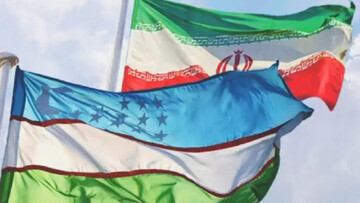
Iran-Uzbekistan tourist exchange, a successful model for regional cooperation
TEHRAN-- Deputy Minister of Culture of the Republic of Uzbekistan Yusufjon Usmanov called Iran a valuable cultural partner for his country and said that the exchange of religious and cultural tourists will not only strengthen relations between Iran and Uzbekistan, but will also be a successful model for regional cooperation.
International
-

Venezuela stands unyielding against US aggression: Sovereignty is non-negotiable
CARACAS – In recent weeks, the United States has intensified its policy of maximum military pressure against the government and people of Venezuela by sending eight warships and a nuclear submarine to Caribbean waters near the Venezuelan coast.
-

War scars and peace dreams: Why the Caribbean and Latin America seek to remain a war-free zone
CASTRIES – When Liu Yuanyuan shared her grandfather’s story in CGTN’s World War II: Remembered, Reimagined, Retold, she spoke of wounds that outlived the battlefield. Her grandfather, a soldier in the Chinese People’s War of Resistance Against Japanese Aggression, carried memories of hiding in trees, eating bark to survive, and never seeing his parents in Shandong again. The trauma extended beyond 1945, woven into family stories and even shaping the choices of new generations.
-

Yemen targets Israeli General Staff
TEHRAN – Yemeni Armed Forces carried out five precision military operations using drones and cruise missiles against Israeli targets.
Video Comment
-
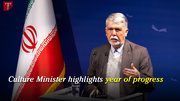
Culture minister highlights year of progress in arts, global image enhancement
-

Gazan Journalists attacked by Israel
-

Brother of Iranian scientist murdered in Israeli strike speaks out
-

Footage shows Israel hit a kindergarten in Tehran
-
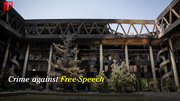
Delegates and ambassadors from 28 countries visited the IRIB building
Most Viewed
-
The lion-dragon synergy
-
Iran denounces Arab states’ claim to Persian Gulf Islands, Arash gas field
-
Israeli vehicles struck in Gaza City
-
Iran's diplomatic power after the war
-
Iran’s non-oil exports nears $21b in 5 months
-
Yemen targets Israeli General Staff
-
US strategy in Venezuela stirs regional alarm, echoes Bolton’s coup revelations
-
Iran is ready for talks, but US missile demands are obstructing progress, says Larijani
-
Homayoun Shajarian to hold free outdoor concert at Azadi Square
-
South Korea, Iran discuss ways to boost bilateral ties
-
Pezeshkian wraps up much-anticipated China trip
-
Parliament ponders response options to E3’s ‘snapback’ push
-
Yemen strikes Israeli oil tanker
-
Negligent JCPOA parties cannot accuse Tehran of inaction: Iran foreign ministry
-
Over 250 media outlets unite as Israel makes Gaza’s journalists its frontline targets
